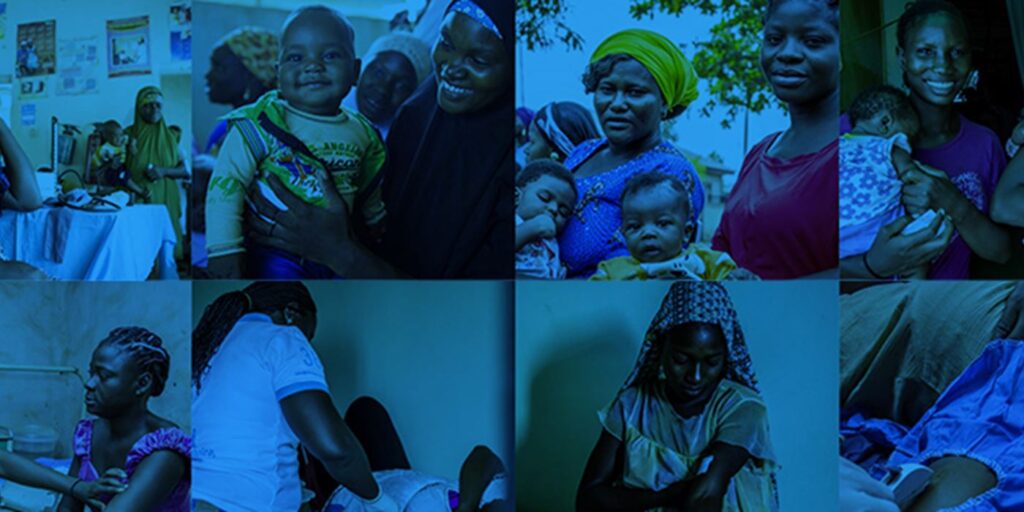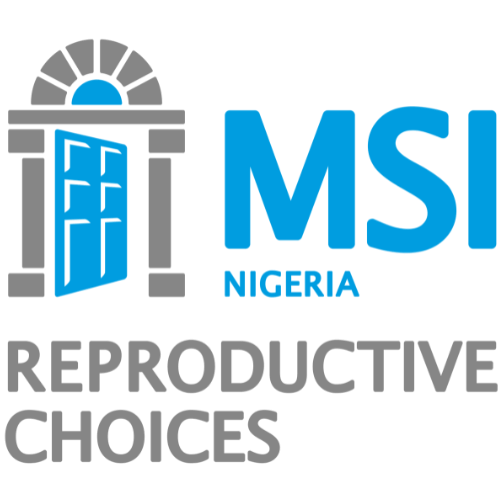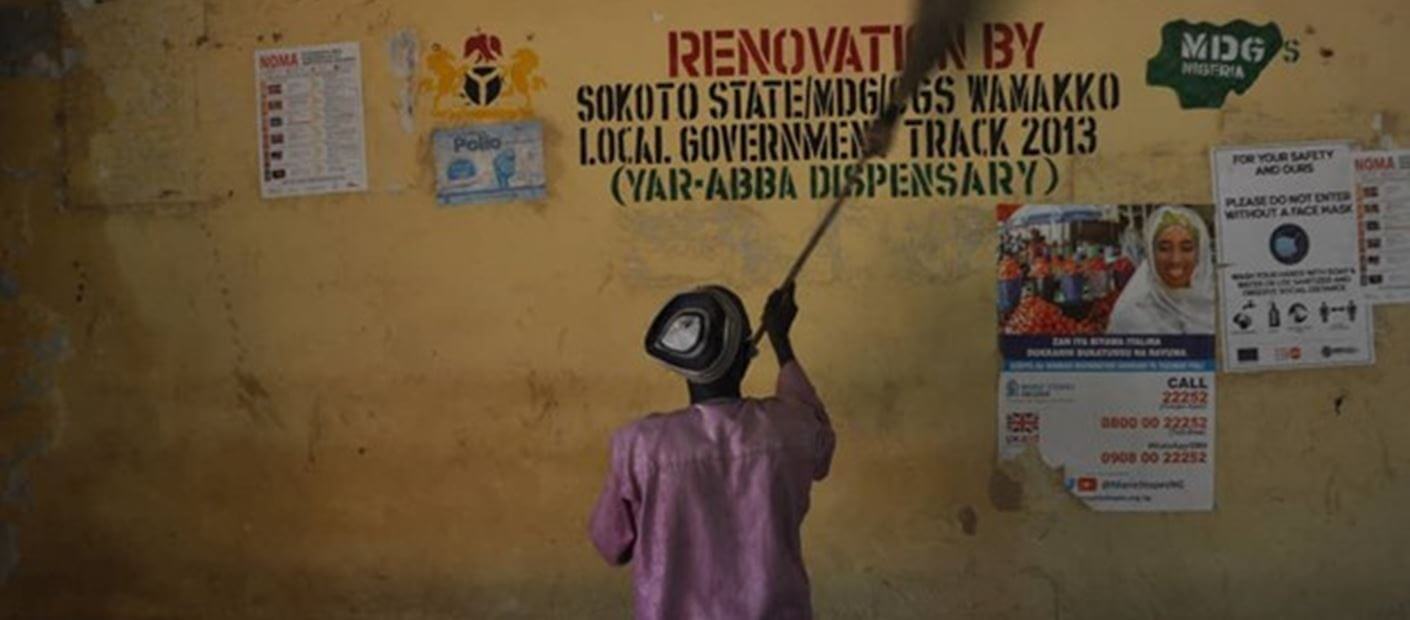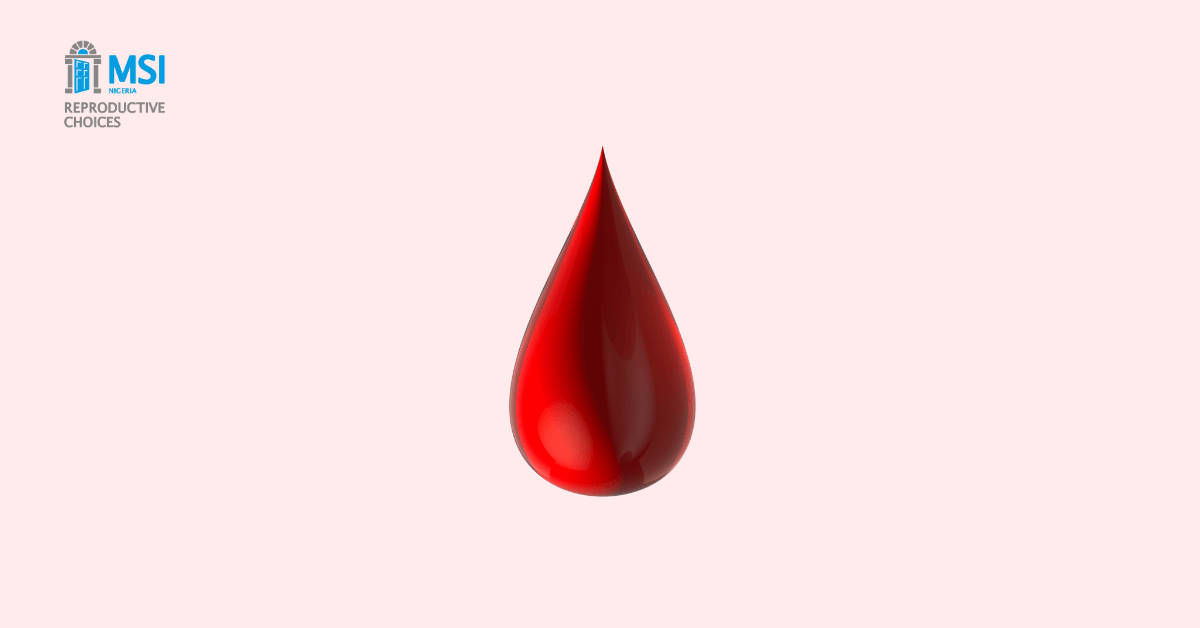
Our bold women
Amina Mohammad lives and works in Adamawa State, security compromised states in Northern Nigeria as Clinical Training Officer (CTO) for Marie Stopes International Organisation Nigeria, in this interview, she shares her experience in sustaining reproductive health freedom and access for women and girls living in fragile and humanitarian settings.
Meet our bold women
As a CTO, I ensure clinical quality and Marie Stopes International (MSI) standard of care in service provision. I provide training, mentorship, and supervision for service providers. I support the providers from training until they attain competency in areas of counselling, infection prevention practices, medical emergency preparedness and service provision while facilitating proper documentation and monthly reports. I also facilitate the supply of commodities and medical supplies at Service Delivery Points.
I support 50 healthcare facilities. So, my typical day is spent at facilities working with providers to support service provision. When I am not at the facilities, I am with government stakeholders such as the state reproductive health coordinator liaising for the availability of commodities and consumables to ensure there is no stock-out at facilities because the impact is costly for any woman denied service. At other times, I would be facilitating training for new providers.
My motivation for this job is the painful reality I live with every day. In our communities, I see and hear about the needless deaths or sufferings of one woman after another from childbirth complications, unsafe abortion, economic hardship and much more. This knowledge makes me work hard with the providers, going the extra mile to reach every woman that walks into our facilities with the service she desires. It feels good to see women wear a smile of satisfaction after service has been provided. They leave happy and assured that they are protected from the risks of an unplanned pregnancy.
Facing the opposition
In Nigeria, uptake of contraception is low due to several reasons including myths and misconceptions. Women can sometimes be stigmatized for taking up service. In the northern region where I work, uptake of child spacing methods is even lower, cultural, and religious beliefs, discriminatory gender norms, ignorance, low partner support, poverty, etc. are some of the barriers women face in seeking safe sexual and reproductive health services. The providers and I do face push backs in the provision of services. This push back comes from the myths and misconceptions about contraception and post-abortion.
We also face another level of push back caused by insecurity. I work in a security compromised region where Boko Haram insurgency, inter-tribal crisis, farmers, and herdsmen clashes, including attacks by Shila Boys constitute major barriers to service provision. We (including the clients and providers) deal with the fear that attacks could happen anytime while trying to access or render Family Planning/Reproductive Health services. There are times that we liaise with security personnel to accompany us to and from the communities just to serve women in remote locations with Reproductive Health services.
The negative impact of the Gag Rule is another level of setback. It has led to the denial of funding and limited resources to serve women who need Family Planning services. That means they will get pregnant, unplanned and some will go for unsafe abortion which could lead to complications and death. The Gag Rule is fueling unsafe abortion instead of preventing it. We also deal with opposition from anti-choice groups who look for every opportunity to attack or condemn what we do, calling us names.
Ingenuity in a time of COVID
Contrary to early fears, COVID 19 has not negatively impacted my work at MSION. Due to the very proactive response of our senior management team and the COVID-19 committee in providing guidelines for service delivery, demand generation, commodity supply, etc. we have sustained service provision even during the COVID-19 lockdown. All MSION channels of service delivery remained open and active. We mobilized more women and rendered more family planning services during the lockdown period compared to other periods. The increase in the number of women served was due to the ingenuity of the organisation in adopting demand generation and service provision strategies that conformed with COVID-19 national and state guidelines.
Some strategies we have adopted to overcome the challenges of COVID-19 while sustaining service provision include strengthened collaboration with the government at national, state and LGA levels. We obtained clearance that allowed all MSION team members to move freely as essential health workers to facilitate service delivery. Every team had the handheld thermometer for temperature checks, hand washing facilities and hand sanitisers. The prompt deployment of PPEs allayed the fear of infection from both the provider and the client as there was the feeling of protection from infection when providers wore PPEs. The team also incorporated COVID-19 messages into Sexual and Reproductive Health messaging and counselling. This approach facilitated buy-in from stakeholders and clients. We also adopted door to door mobilisation and outpost service delivery that took services closer to the homes of clients.
Thank you to our donors
Every day presents an inspiring story which reminds me that my work is essential. I remember the story of a woman who brought her two sexually active teenage daughters for contraception. She was initially opposed to the idea but later granted consent after counselling. Both girls eventually opted for long-acting and reversible contraception, which means long-term protection from unwanted pregnancy.
MSION is an exceptional Organization that does everything possible to give women choice. The neglected secure hope for the future; the less privileged receives quality services and are treated with the utmost respect they deserve. All these clients whom we have served could not have been reached without the funding support from our donors- the reason we can go the extra mile- the force behind all that we do. Thank you.








